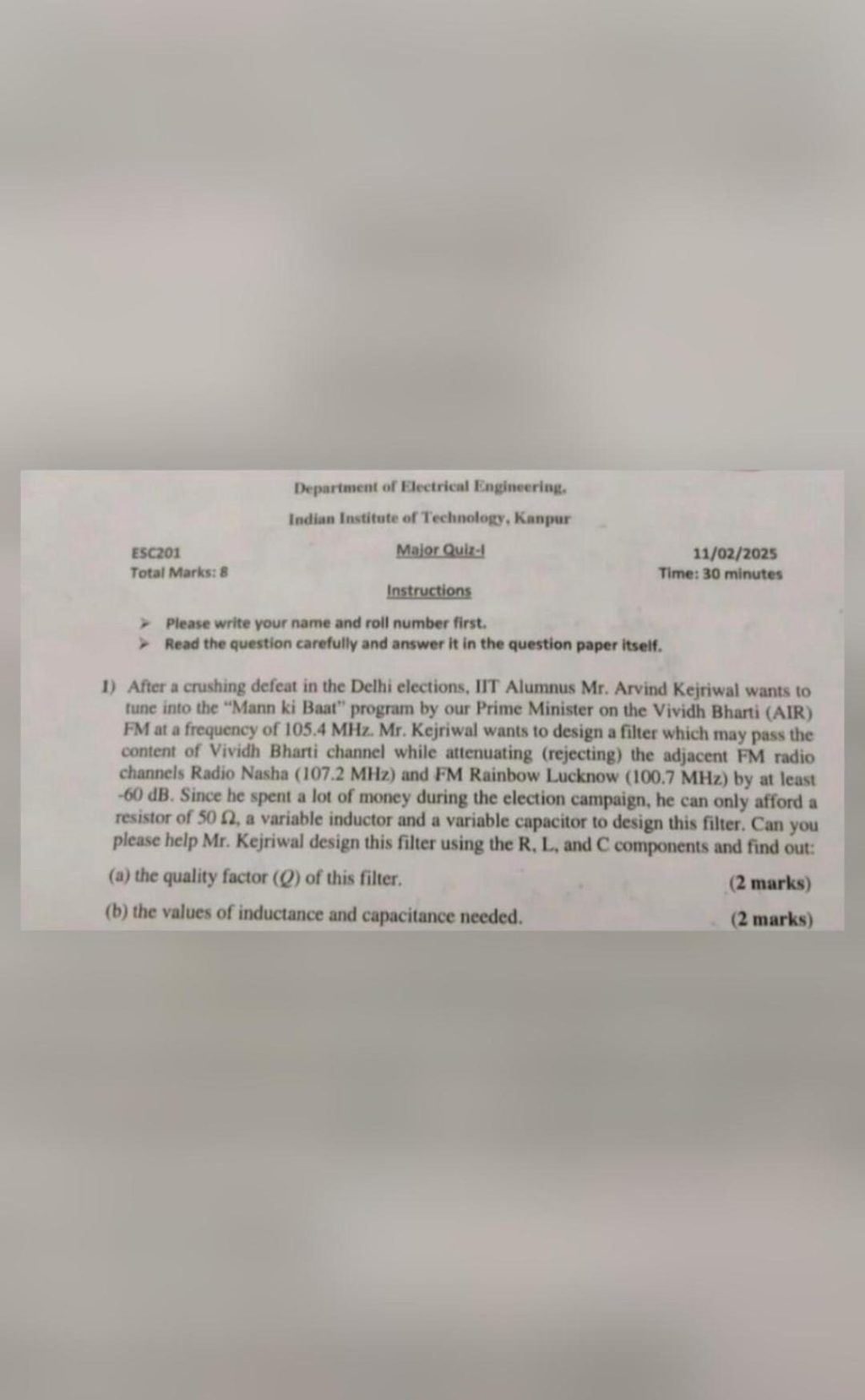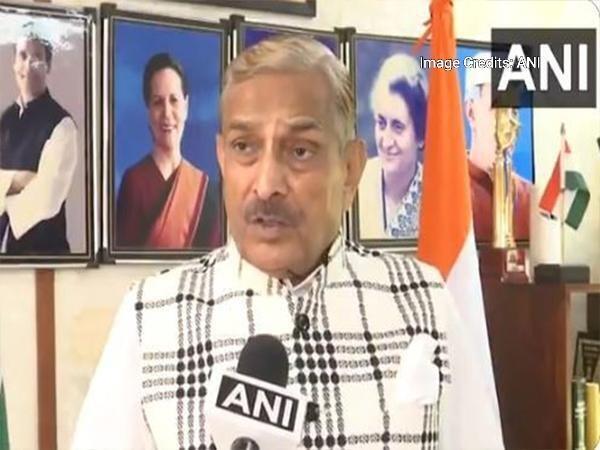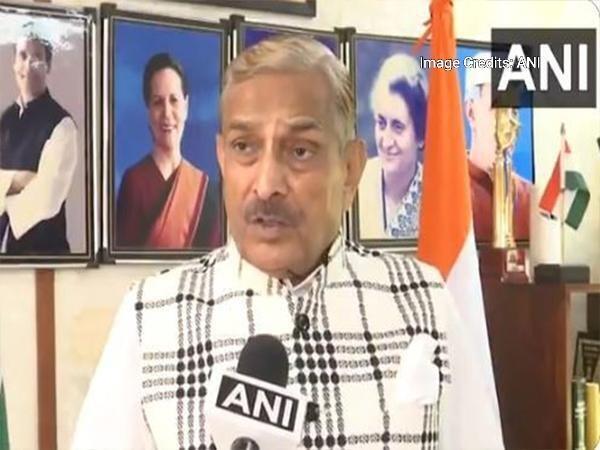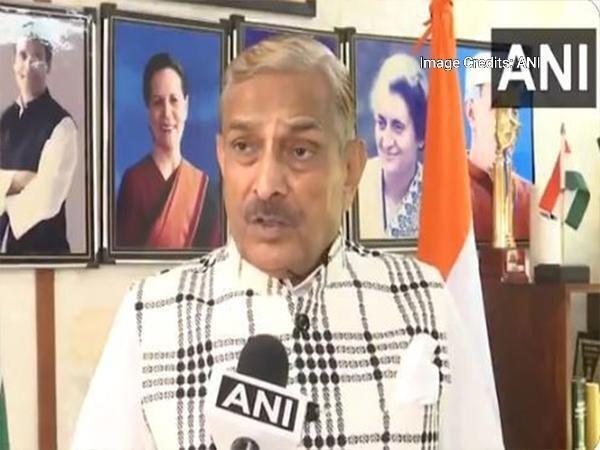
Wanted Exam to be More Engaging: IIT Kanpur on ‘Kejriwal & Mann Ki Baat’ Question
In a surprising turn of events, a question paper from the Indian Institute of Technology (IIT) Kanpur has gone viral, sparking curiosity and amusement among students and educators alike. The question asked students to design a filter for Arvind Kejriwal, the Chief Minister of Delhi, to help him listen to Prime Minister Narendra Modi’s monthly radio address, “Mann Ki Baat”, after the AAP’s defeat in the Delhi polls. The news has left many wondering what could have possessed the professor to draft such an unconventional question.
After the story went viral, IIT Kanpur confirmed that the question was indeed authentic and not a prank gone wrong. In a statement, the institute revealed that the professor who drafted the question likes to use “references to well-known personalities…to make exam questions more engaging”. It’s clear that the professor’s intention was to create a thought-provoking and memorable question that would challenge students’ creativity and problem-solving skills.
The question, which has been shared widely on social media, has sparked a range of reactions from students, educators, and political leaders. While some have praised the professor’s creativity, others have criticized the question for being irrelevant and lacking academic rigor. As we delve into the world of higher education, it’s essential to examine the purpose and implications of such unconventional questions.
The rise of unconventional questions in exams
In recent years, there has been a growing trend towards incorporating unconventional questions in exams to make them more engaging and challenging. This approach is often referred to as “out-of-the-box” thinking, where students are encouraged to think creatively and develop innovative solutions to complex problems. The intention behind such questions is to test students’ ability to think critically and develop problem-solving skills that are not typically assessed through traditional multiple-choice or essay-based questions.
In the case of the IIT Kanpur question, it’s clear that the professor was trying to push the boundaries of traditional academic questions. By asking students to design a filter for Arvind Kejriwal to listen to “Mann Ki Baat”, the professor was testing students’ ability to think creatively and develop innovative solutions to a seemingly impossible problem. While some may argue that the question is irrelevant and lacks academic rigor, others may see it as an opportunity to challenge students’ thinking and develop their problem-solving skills.
The benefits of unconventional questions
There are several benefits to incorporating unconventional questions in exams. Firstly, such questions can help to reduce stress and anxiety among students, as they are forced to think creatively and develop innovative solutions to complex problems. This approach can also help to increase student engagement and motivation, as students are more likely to be interested in and invested in the questions being asked.
Secondly, unconventional questions can help to develop students’ critical thinking and problem-solving skills. By asking students to think creatively and develop innovative solutions, these questions can help to improve students’ ability to analyze complex problems and develop effective solutions. This approach can also help to develop students’ communication skills, as they are forced to articulate their ideas and justify their solutions.
Thirdly, unconventional questions can help to make exams more relevant and engaging. By incorporating real-world scenarios and challenges into exams, these questions can help to make learning more relevant and meaningful to students. This approach can also help to develop students’ ability to apply theoretical knowledge to real-world problems, which is essential for success in many fields.
The challenges of unconventional questions
While there are several benefits to incorporating unconventional questions in exams, there are also several challenges to consider. One of the main challenges is ensuring that the questions are relevant and meaningful to the students. If the questions are too abstract or unrelated to the students’ lives, they may struggle to understand the context and relevance of the question.
Another challenge is ensuring that the questions are fair and unbiased. If the questions are too dependent on prior knowledge or experience, they may not be accessible to all students. This approach can also lead to bias, as students from different backgrounds and experiences may have different levels of familiarity with the topic.
Finally, there is the risk of grading challenges. Unconventional questions can be difficult to grade, as there may not be a clear right or wrong answer. This approach can also lead to subjective grading, where the teacher’s opinion or biases influence the student’s grade.
Conclusion
The IIT Kanpur question has sparked a range of reactions and debates, from praise for the professor’s creativity to criticism for the question’s relevance and academic rigor. While unconventional questions can be challenging and innovative, they also require careful consideration and planning to ensure that they are relevant, fair, and meaningful to the students.
As educators, it’s essential to strike a balance between traditional and unconventional questions in exams. By incorporating a mix of both approaches, we can challenge students’ thinking and develop their problem-solving skills, while also ensuring that the questions are relevant and meaningful to their lives. As we move forward, it’s crucial to continue exploring new and innovative ways to engage students and develop their skills, while also ensuring that our exams remain fair, relevant, and meaningful.






